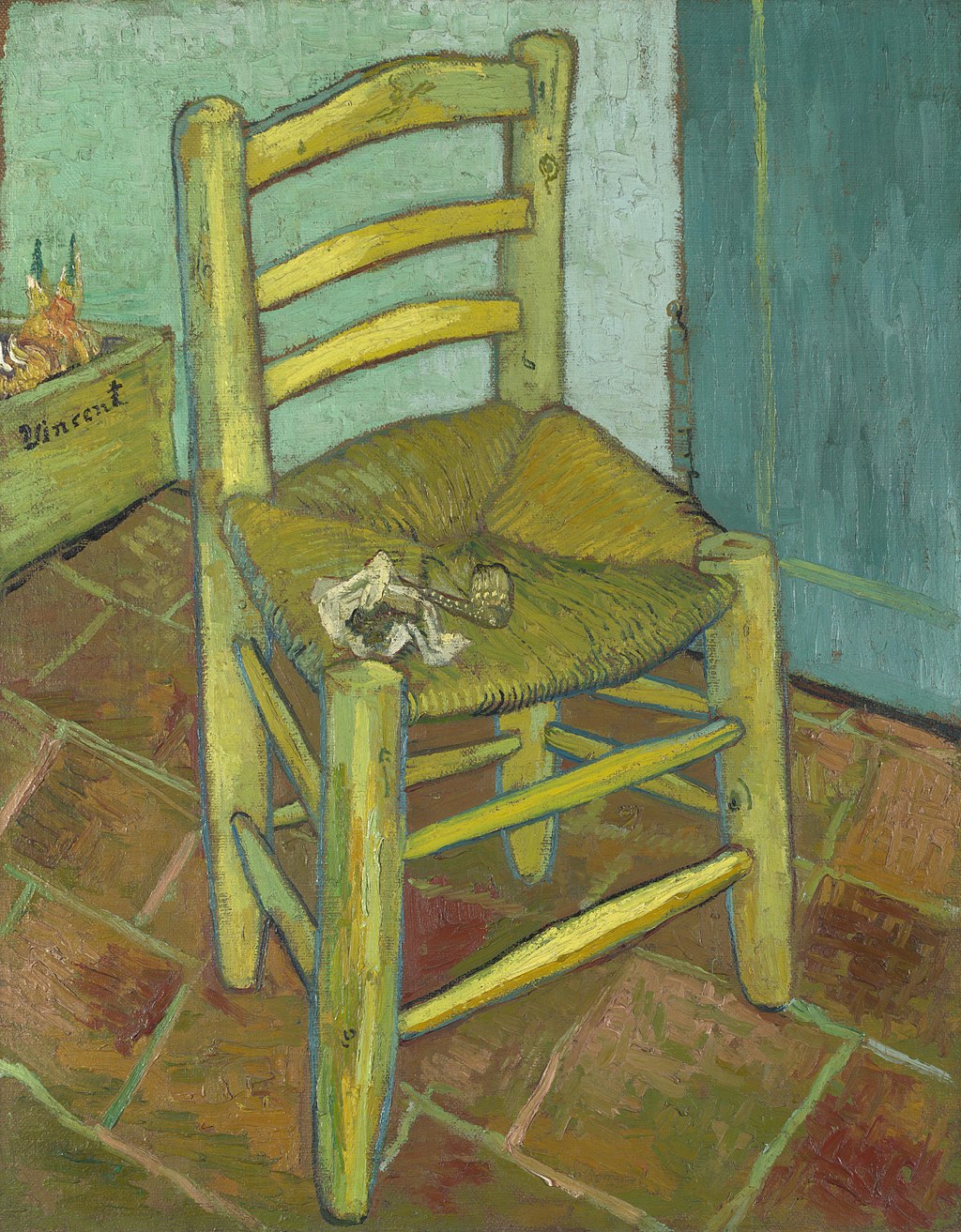Carlos Llaza: I am very fond of this strange wee poem. Originally published by Estación Poesía, it takes the beauty of an old chair as a pretext to reflect on how people, other beings and even objects come to existence and cling to it. While this is not mentioned in the poem, it was somehow provoked by the death of my paternal grandfather, Justo Llaza. He died at 97 after having spent a few years in bed and under full-time care at home. A man of few words, while he could he enjoyed sitting in the sun after lunch, always on his own. The chairs he chose seemed stoically uncomfortable. Cushioned by a mere few rags, some of his chairs were tiny and made of hardwood; others were wobbly and made of thick bamboo-like reeds. I do praise the awkward dignity he infused into these painful objects—such a discreet legacy.
Dorothy Lawrenson: A chair is one of those mundane objects that can accrue intensely human, personal meaning and thus lead to meditations on mortality. Carlos’ poem immediately put me in mind of Van Gogh’s famous painting of his chair. Both painting and poem devote loving attention to this ordinary ‘rickle o sticks’ and in doing so transmute it into something intensely emotional and almost spiritually significant. I particularly admire the way the poem’s conclusion leads the reader from the chair up to the home of the mountain spirits (Apus), a realm of avalanches and rays of sunshine, mysterious and profound.
Scroll down to see a video of poet and translator reading this poem, with English subtitles.
Elogio de la Silla Vieja
por Carlos Llaza
Sólo los vivos proyectan sombras;
ningún fantasma puede engañarnos.
Se sabe que, para ser cuerpo,
carne cual barro de soñadores,
primero hay que ser susurro al oído.
Sabemos que la madera se carcome,
que los nervios se aferran a las horas,
que toda grieta se cubre de moho.
Sabemos que esta luz es fugaz,
que la decadencia del esqueleto
de palo no es sino belleza pura,
que la angustia se incrusta en nosotros
cual astilla de espejo, que los tres Apus
cederán paso a la avalancha de nombres:
cuerpos de ruido a través de los cuales
los rayos miran y se dejan ver.
Eulogy fir the Auld Chair
owerset intae Scots bi Dorothy Lawrenson
Anely the leevin cast shaddaes;
nae ghaist can begowk us.
It’s kent that, tae be a body,
flesh lik the clay o dreamers,
needs first a whisper i the lug.
We ken timmer gets moch-etten,
that the nerves cling tae the oors,
that ilka jink is smoored wi foost.
We ken this licht is flichtin,
that the moolerin o the rickle o sticks
is naethin but gey brawness,
that anguish is stickit wi’in us
lik a skelf o keekin-gless, that the three Apus
will gie room tae a whummle o names:
bodies o soond throu whilk
the leams keek an kythe thirsels.
Eulogy for the Old Chair
translated into English by Carlos Llaza and Dorothy Lawrenson
Only the living cast shadows;
no ghost can deceive us.
It is known that, to be a body,
flesh like the clay of dreamers,
we must first be a whisper in the ear.
We know that wood becomes worm-eaten,
that the nerves cling to the hours,
that every crack is covered with mould.
We know this light is fleeting,
that the decay of the wooden skeleton
is nothing but pure beauty,
that anguish is embedded in us
like a splinter of mirror, that the three Apus
will give way to the avalanche of names:
bodies of noise through which
the rays look and reveal themselves.
